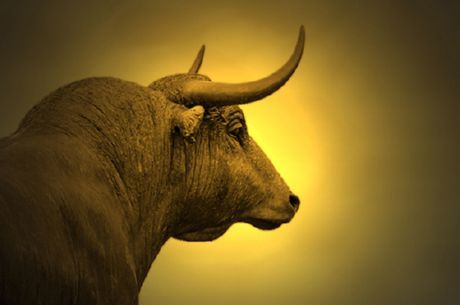New publications
Clone meat could go on sale in Japan as early as this year
Last reviewed: 01.07.2025

All iLive content is medically reviewed or fact checked to ensure as much factual accuracy as possible.
We have strict sourcing guidelines and only link to reputable media sites, academic research institutions and, whenever possible, medically peer reviewed studies. Note that the numbers in parentheses ([1], [2], etc.) are clickable links to these studies.
If you feel that any of our content is inaccurate, out-of-date, or otherwise questionable, please select it and press Ctrl + Enter.
Scientists at the Gifu Prefecture Animal Research Institute have successfully cloned a frozen cell from a bull that died 16 years ago.
It is noteworthy that during the 13-year life of the bull Yasufuku - the founder of the local breed of cows - 30 thousand calves were born from him. At present, almost all the population of the Hidagyu breed are his descendants.
Scientists from the Research Institute of Livestock Breeding have managed to grow a testicle cell using new technology, then extract the nucleus containing the DNA information carrier from it and replace the nucleus of an unfertilized cow egg cell with this nucleus.
The first cloned bull was born in November 2007, and he and his two brothers born last year are alive and in excellent health. "The fact that healthy animals were created from cells frozen in the era of imperfection of this technology is truly impressive. This gives hope for the possibility of restoring extinct and exterminated animal species," the institute's scientists believe.

The success of Japanese scientists may have not only scientific but also industrial significance. After all, until now the biggest problem with cloned animals was their high mortality rate in the first months after birth.
And the day before, the working group of the government committee on food safety, considering the issue of the safety of using the meat of cloned animals for food, concluded that "clones of pigs and cows are no different from those born naturally." The main conclusion of the commission was the conclusion that if a cloned animal lives up to 6 months, then its further development and health are no different from ordinary cows and pigs.
So, if the safety of cloned beef and pork is confirmed by the food safety committee, then we can expect such meat to go on sale this year. Currently, 557 cloned cows and bulls have been born in Japan, but only 82 have survived.

 [
[